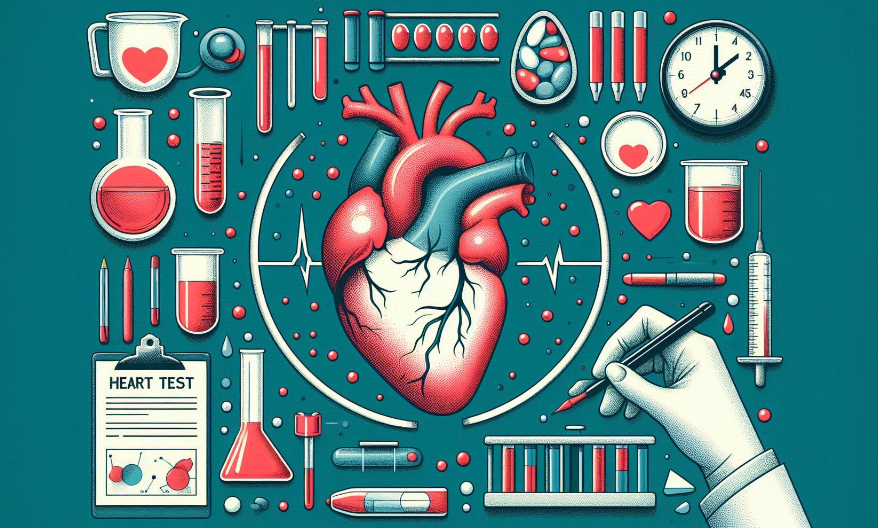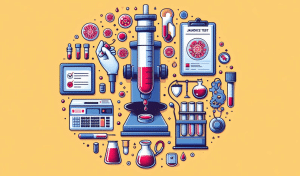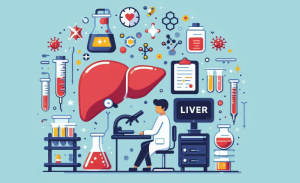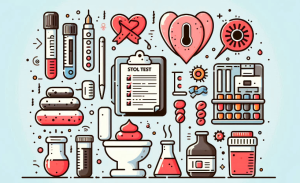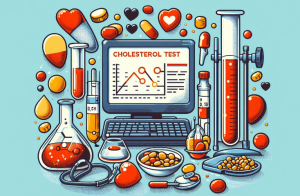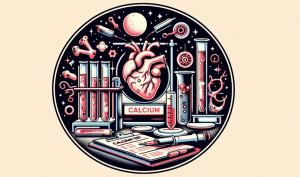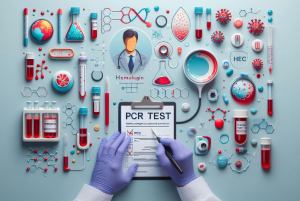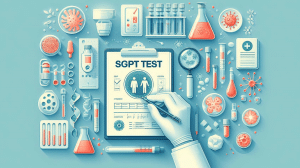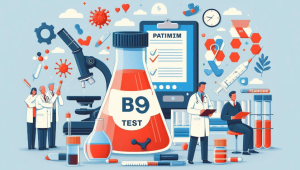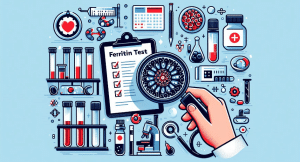What is a Heart Test?
A heart test, also called a cardiac test, encompasses various procedures used to assess the health and function of your heart. These tests can help diagnose existing heart conditions, identify potential risks, and guide treatment decisions.
Why Do You Need a Heart Test?
Your doctor might recommend a heart test if you:
- Experience symptoms: Such as chest pain, shortness of breath, palpitations, dizziness, or fainting.
- Have risk factors: Including high blood pressure, high cholesterol, diabetes, family history of heart disease, or smoking.
- Require monitoring: If you have a known heart condition, regular tests help track its progression and treatment effectiveness.
- Undergo pre-surgical evaluation: Certain heart tests are necessary before surgeries to ensure your heart is healthy enough for the procedure.
What Does a Heart Test Measure?
Different heart tests assess various aspects of your heart health, such as:
- Electrical activity: Tests like Electrocardiogram (ECG or EKG) measure the electrical signals that control your heartbeat, detecting irregular rhythms or heart damage.
- Blood flow and heart structure: Echocardiogram (ultrasound) and cardiac catheterization use sound waves or dye to visualize the heart’s structure, valves, and blood flow.
- Heart function during exercise: Stress tests evaluate how your heart performs under physical exertion, revealing potential issues that might not be apparent at rest.
- Blood markers: Blood tests can measure cholesterol levels, troponin (a protein released during heart attacks), and other markers associated with heart health.
Preparing for the Test
Preparation can vary depending on the specific heart test:
- Fasting: Some tests, like stress tests or cholesterol checks, might require fasting for several hours beforehand.
- Medications: Your doctor will advise if you need to stop or adjust any medications before the test.
- Clothing: Wear comfortable, loose-fitting clothes for easier access to your chest and arms.
- Avoid stimulants: Refrain from caffeine or smoking before certain tests.
Understanding the Results
Your doctor will interpret the results and discuss their implications:
- Normal results: Indicate a healthy heart with no significant concerns.
- Abnormal results: Might suggest a heart condition, such as coronary artery disease, arrhythmia, heart failure, or valve problems. Further tests or treatments might be recommended.
Risk Factors and Prevention
Various factors can increase your risk of heart disease, including:
- High blood pressure: Uncontrolled hypertension puts strain on the heart and blood vessels.
- High cholesterol: Elevated cholesterol levels can lead to plaque buildup in the arteries.
- Diabetes: Unmanaged diabetes damages blood vessels and increases the risk of heart problems.
- Smoking: Tobacco use significantly raises the risk of heart disease and stroke.
- Obesity: Excess weight strains the heart and increases the risk of other heart-related problems.
- Sedentary lifestyle: Lack of physical activity weakens the heart and contributes to other risk factors.
- Family history: Genetic predisposition can increase your susceptibility to heart disease.
Prevention and management of heart disease involve lifestyle modifications:
- Healthy diet: Eat a balanced diet rich in fruits, vegetables, and whole grains; limit saturated and unhealthy fats, sodium, and added sugars.
- Regular exercise: Aim for at least 150 minutes of moderate-intensity exercise or 75 minutes of vigorous-intensity exercise per week.
- Maintain healthy weight: Manage your weight through diet and exercise.
- Quit smoking: Smoking cessation significantly reduces the risk of heart problems.
- Manage stress: Practice relaxation techniques to manage stress levels.
- Medications: Your doctor might prescribe medications to manage blood pressure, cholesterol, or other risk factors.
Remember, early detection and management of heart problems are crucial for maintaining good health. If you have any concerns about your heart health or have risk factors for heart disease, consult with your healthcare provider for appropriate testing and guidance.

 7351982473
7351982473